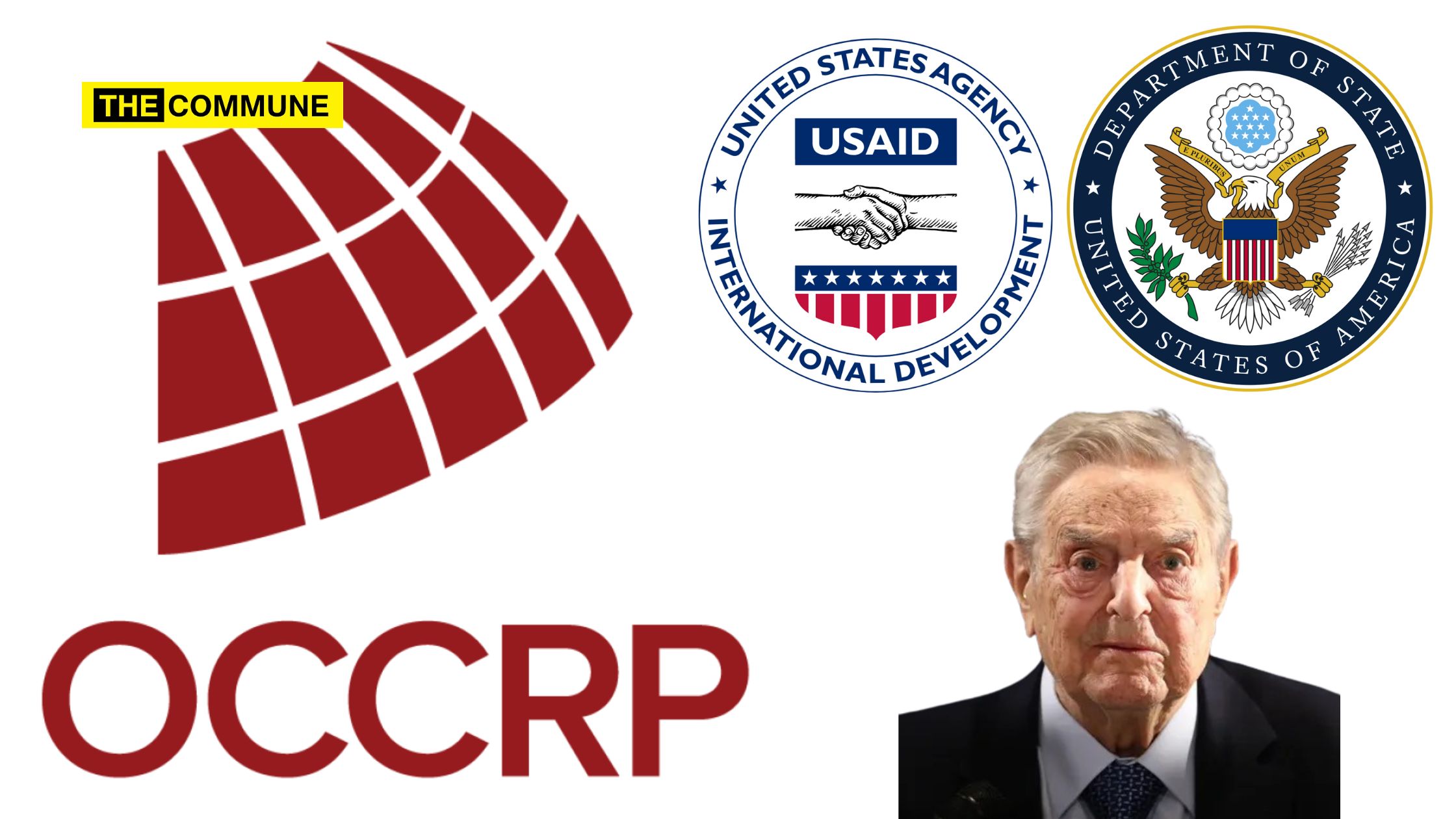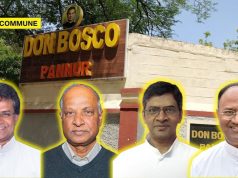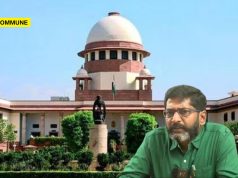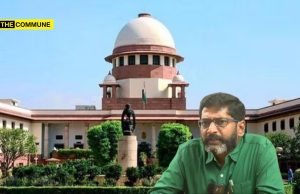
A damning investigation by French media outlet Mediapart has revealed that the Organized Crime and Corruption Reporting Project (OCCRP) is far from the independent journalistic entity it claims to be. Instead, it is heavily funded and influenced by the US government, with nearly half of its budget sourced from agencies like the US Department of State and USAID. Since its founding in 2007, OCCRP has received approximately $47 million from US government sources, which exert substantial control over its operations, including veto power over key personnel appointments.
A Propaganda Machine Under The Guise Of Journalism
Mike Henning, a senior USAID adviser, has openly described OCCRP as “one of the best achievements” of the agency, further affirming its alignment with US geopolitical objectives. OCCRP’s reporting patterns reinforce this view, focusing almost exclusively on nations adversarial to US interests, such as Russia, Venezuela, and Malta, while carefully avoiding criticism of the US itself. For example, OCCRP received a $173,324 grant to investigate corruption in Venezuela, a known adversary of Washington. This selective targeting raises serious questions about the organization’s impartiality.
Role In India
In India, OCCRP has faced backlash for its contentious reports, including those accusing the government of misusing Pegasus spyware to surveil journalists and for its repeated hit pieces against the Adani Group in 2023 and 2024. Critics, including the Adani Group and Mauritius-based fund 360 One, dismissed these reports as baseless and aimed at destabilizing markets. The Supreme Court of India also ruled that such third-party reports lacked credibility and could not influence ongoing investigations.
French investigative journalists reveal that organisation OCCRP is controlled by US Govt and uses it for its Agenda.
But what propaganda does OCCRP run in India?
Apart from Adani, OCCRP run fake agenda on Pegasus. Said Govt used Pegasus to target Journalists.
The usual… pic.twitter.com/wghZZcieNq
— Ankur Singh (@iAnkurSingh) December 3, 2024
Rahul Gandhi, a key leader of the Congress party, has been accused of amplifying OCCRP’s narratives for political gain. Gandhi frequently used OCCRP reports to disrupt parliamentary sessions and influence public discourse. His ties to individuals like Shalil Shetty, a former vice president at a Soros-funded NGO, further deepen his connection to OCCRP’s network. Critics argue that Gandhi’s actions align with broader foreign-driven agendas to undermine India’s sovereignty.
Links To Controversial Donors
Apart from its government funding, OCCRP is supported by politically charged donors, including George Soros‘ Open Society Foundations, the Rockefeller Brothers Foundation, and the Ford Foundation. These affiliations, combined with OCCRP’s track record, paint a picture of an organization more aligned with its benefactors’ interests than with unbiased journalism.
USAID’s History Of Interference
The revelations about OCCRP must be viewed in the broader context of USAID’s controversial history of political interference. The agency has been implicated in supporting opposition movements and orchestrating regime changes in countries like Nicaragua and Venezuela, blurring the line between humanitarian aid and political manipulation. OCCRP’s investigative priorities closely mirror US foreign policy objectives, further raising concerns about its role as a tool for the so-called “Deep State.”
Role In Trump Impeachment
The OCCRP played a notable role in the first impeachment of then-President Donald Trump through its investigative reporting on Rudy Giuliani’s business dealings in Ukraine. These reports were referenced four times in the whistleblower complaint that triggered Trump’s impeachment proceedings.
OCCRP, which collaborates with over 50 major media outlets, including The New York Times and The Washington Post, received scrutiny for being predominantly funded by U.S. government entities, such as the State Department and USAID. Between 2013 and 2024, 52% of OCCRP’s expenditures were taxpayer-funded, totaling at least $47 million since its inception in 2008.
OCCRP co-founder Drew Sullivan has maintained that an editorial firewall exists between OCCRP and its funders. However, an investigation by Drop Site News revealed conditions tied to this funding, including the U.S. government’s ability to veto senior editorial appointments. When confronted with evidence questioning OCCRP’s credibility, Sullivan resorted to dismissing critics as foreign agents, such as labeling a journalist a “Russian asset.” This response has further raised questions on OCCRP’s credibility and highlighted its defensive approach to criticism.
Critics, including Lowell Bergman, who resigned from OCCRP’s board over concerns about U.S. government involvement, argue that such funding compromises journalistic independence.
Amplifying Propaganda in India
In addition to Rahul Gandhi, alleged journalists like Ravi Nair and certain opposition members have been seen sharing content from OCCRP, frequently amplifying its narratives against Indian institutions and corporate entities.
HUGE: @Mediapart investigation exposes @OCCRP’s ‘undisclosed links’ with the U.S. Govt/Deep State. pic.twitter.com/Vd3mg7onpe
— Shiv Aroor (@ShivAroor) December 3, 2024
OCCRP- Soros and Rockefeller funded.
Ravi Nair – Tier3 useful idiot
Rahul Gandhi- Tier1 useful idiot pic.twitter.com/ttR2FWUIDf
— The Hawk Eye (@thehawkeyex) December 3, 2024
This traitor Ravi Nair @t_d_h_nair taking funds from US Govt to target Indian Businessmen, specially Adani Group.
Investigation has revealed that @occrp, for which Ravi Nair is working, is funded by US State Department and run by former US State Department.
OCCRP is a weapon of… pic.twitter.com/qv3BLy6hDJ
— Facts (@BefittingFacts) December 3, 2024
Explosive: French investigation report reveals that OCCRP is controlled by the US government/deep state!
OCCRP is known for running Anti-India articles on issues like Adani, Pegasus, and more.
Notably, their articles are frequently shared by opposition leaders and journalists. pic.twitter.com/tNksP1upo4
— Megh Updates 🚨™ (@MeghUpdates) December 3, 2024
Critics argue this demonstrates a coordinated effort to leverage foreign-funded propaganda for domestic political gains.
Mediapart’s investigation exposes OCCRP as a propaganda tool disguised as independent journalism. Its dependence on US government funding, selective reporting, controversial donor affiliations, and inability to defend its credibility point to a broader agenda of advancing Western geopolitical interests.
(With inputs from OpIndia)




